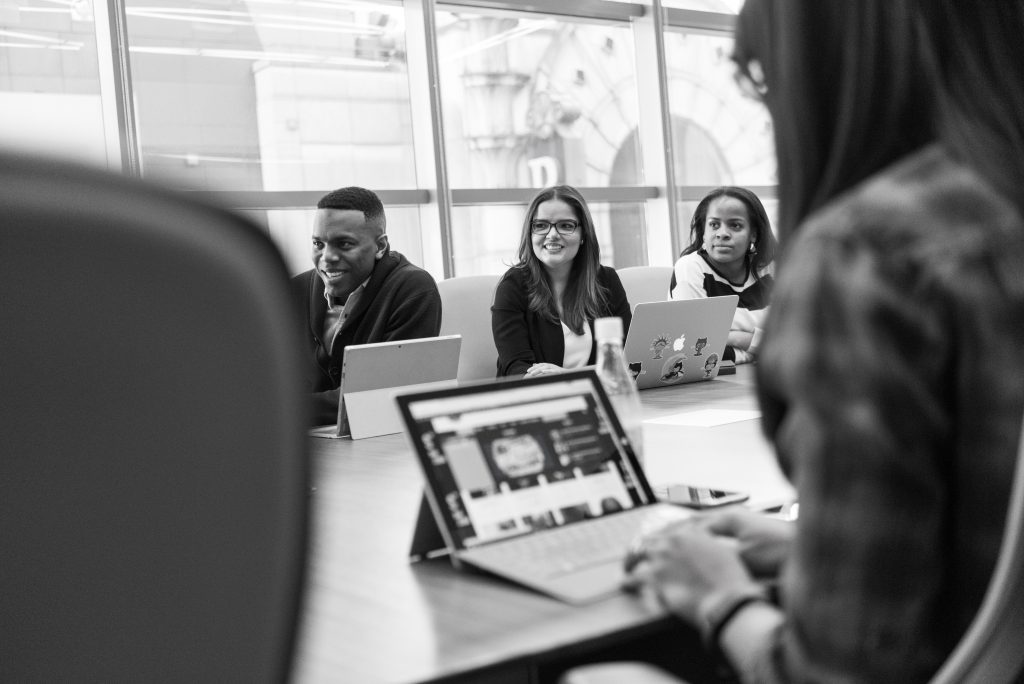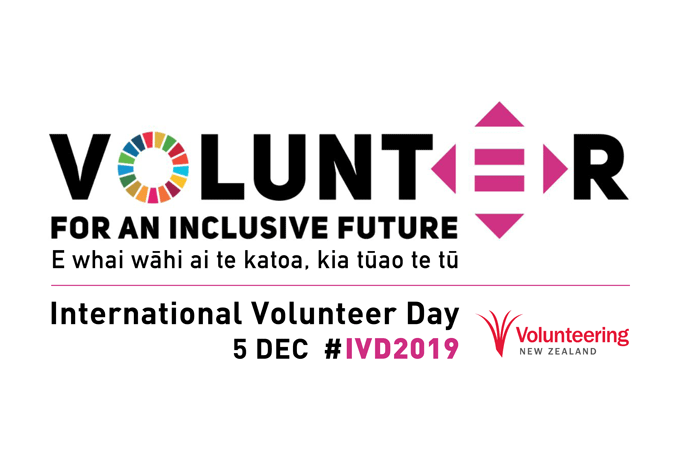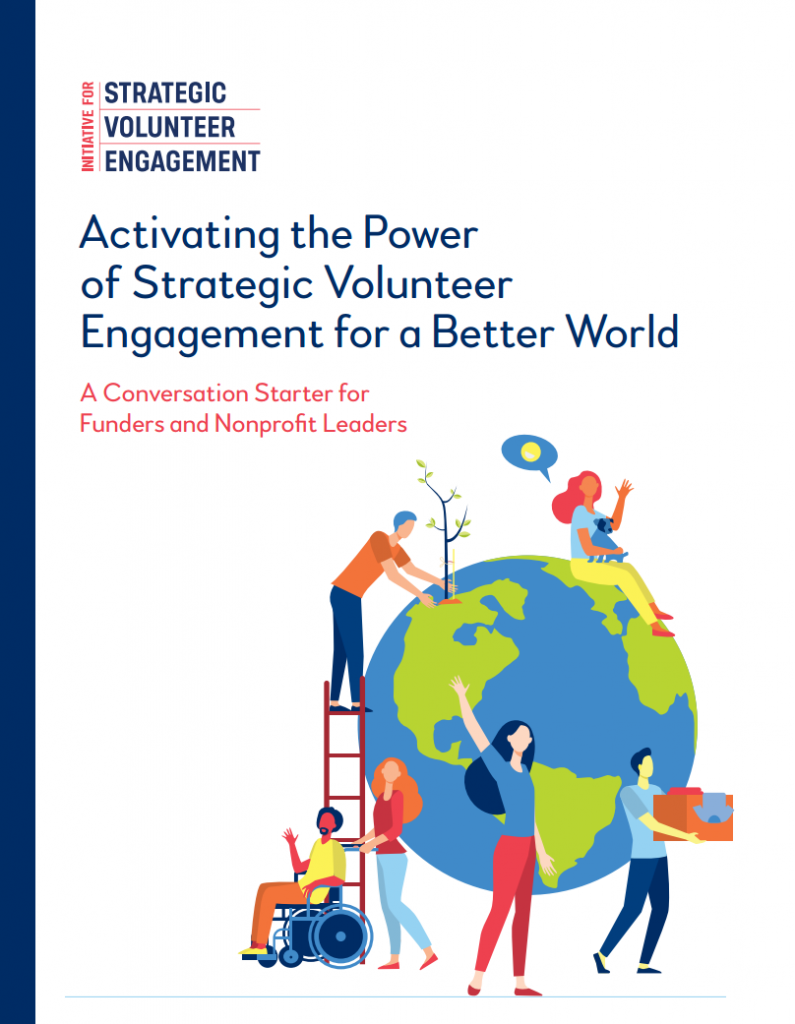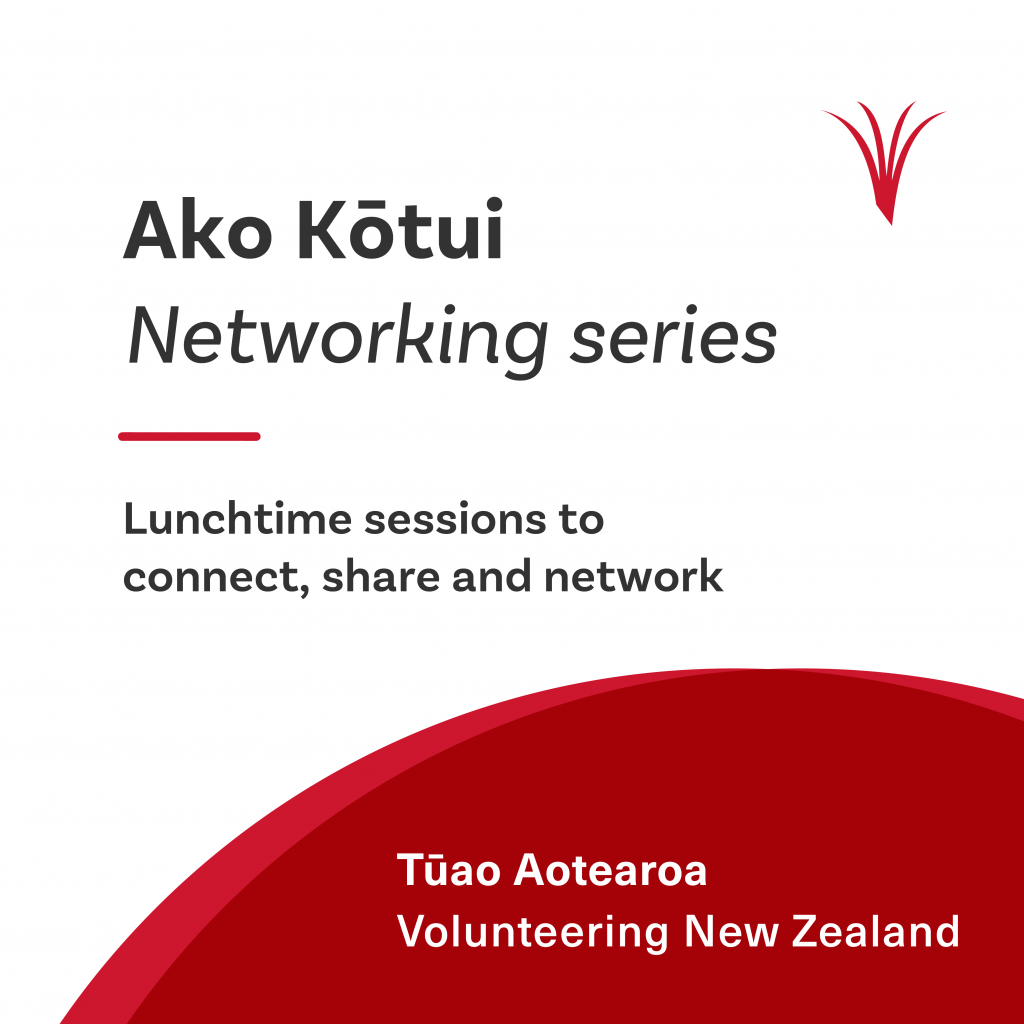
Volunteering for People with Disabilities
Public discourse overwhelmingly frames people with disabilities as receiving help, rather than providing it. This is a problem for several reasons:
- It is incorrect. A study conducted by Carrie L. Shandra in the United States indicated that people with disabilities are just as likely as people without disabilities to report informal volunteering. This is voluntary work outside of a formal organization—for example, helping an elderly neighbor with cooking. A copy of Shandra’s paper “Disability and social participation: The case of formal and informal participation” can currently be found on the Volunteering New Zealand website.
- It influences volunteering organisations to overlook the potential for people with disabilities to volunteer in a way that is compatible with their disabilities.
- It discourages people with disabilities from seeing themselves as people who can help others. This in turn discourages people with disabilities from contacting organisations about opportunities to volunteer.
People with disabilities are significantly underrepresented as volunteers with organisations. Shandra identifies ableism as being the most important barrier to people with disabilities participating in formal volunteering. On the one hand, organisations often choose applicants without disabilities, rather than applicants with disabilities, to fill certain roles, without fully considering whether the disabilities in question would have affected the applicants’ abilities to perform the roles. On the other hand, organisations often do not know how to recruit for volunteers in a way that reaches people with disabilities.
This is unfortunate, because volunteering is positively correlated with happiness, life satisfaction, self-esteem, psychological well-being, and self-reported health. Liat Kulik conducted a study of 160 people in Israel with physical disabilities, including some who did not volunteer, and some who did volunteer. The participants who volunteered reported significantly higher self-esteem than the participants who did not volunteer. In particular, Kulik noted that participants from lower socio-economic backgrounds especially reported higher self-esteem than their non-volunteering counterparts.
A lot to gain by volunteering
Volunteering also helps people to meet other people—this increases their opportunities to make friends, find employment, and engage with their communities. Most of the participants in Kulik’s study agreed that Volunteering was an effective way to make new friends. People with disabilities, like people without disabilities, stand to gain a lot by being able to volunteer. In many cases, a person with a disability can perform a volunteer role in the same capacity as a person without a disability. In other cases, a person with a disability can perform a volunteer role in a modified capacity that is appropriate to his or her individual condition.
Of course, it is a positive thing that there are many services and organisations built around providing help to people with disabilities. Disabilities can affect people’s quality of life, and people with disabilities often do need and want help. However, it is important that society see people with disabilities as people who can both receive help, and provide help, like people without disabilities. A person who is willing and able to perform a volunteer role with an organization must not be held back just because they have disability. We must find imaginative ways of enabling people with disabilities to volunteer in ways that are appropriate to their individual conditions.

Author: Lucas Davies
Lucas is writing a series of blogs posts and articles for Volunteering New Zealand, with a focus on research articles.
Article References:
 Carrie L. Shandra Disability and Social Participation: The Case of Formal and Informal Participation (Social Science Research 68 (2017) 195-213) published online 2 March 2017, retrieved 4 April 2018.
Carrie L. Shandra Disability and Social Participation: The Case of Formal and Informal Participation (Social Science Research 68 (2017) 195-213) published online 2 March 2017, retrieved 4 April 2018.
 Liat Kulik. Through Adversity Comes Strength: Volunteering and Self-Esteem Among People with Physical Disabilities (Voluntas DOI: 10.1007/s11266-017-9914-5), retrieved 29 April 2018.
Liat Kulik. Through Adversity Comes Strength: Volunteering and Self-Esteem Among People with Physical Disabilities (Voluntas DOI: 10.1007/s11266-017-9914-5), retrieved 29 April 2018.
Volunteering New Zealand Research and Resources:

- Competencies for Managers of Volunteers
- Research on disabilities and volunteering
- LeadMe – free online self-assessment tool to assist you to create better outcomes for your organisation’s volunteers





About The Author: Michelle Kitney
Chief Executive, Volunteering New Zealand
More posts by Michelle Kitney